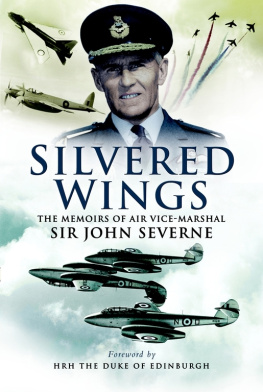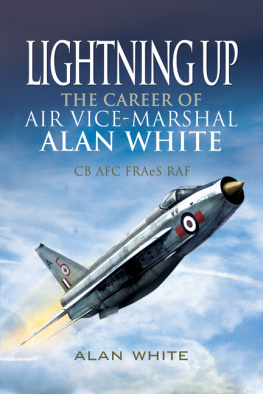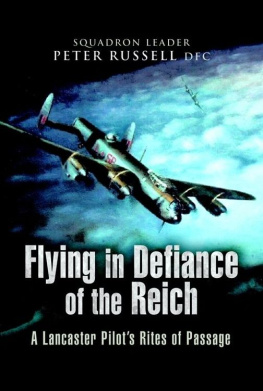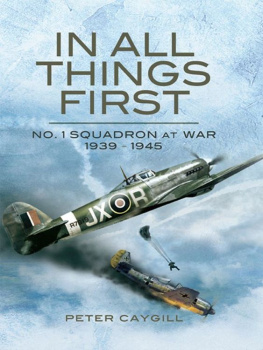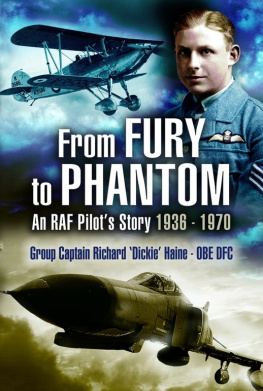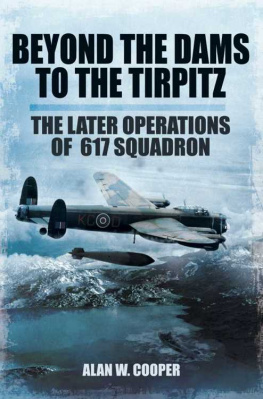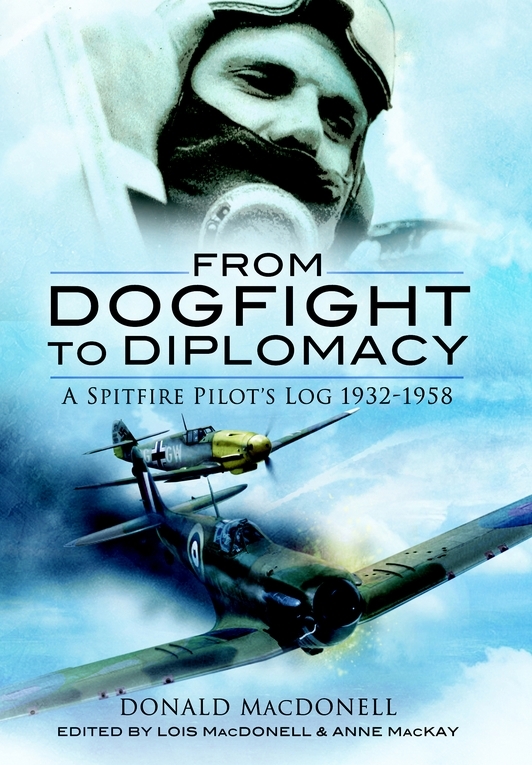Acknowledgements
Without the skill, encouragement, sheer dogged determination and hard work of Anne Mackay I doubt these memoirs would ever have been published and I am enormously grateful to her, with whom I so much enjoyed working.
The other key person, James Miller, not only typed the original text from the hand-written manuscript, but being eager to read the next instalment, he also encouraged my husband to continue. I should also like to thank him for his subsequent enthusiasm for its publication.
All five of Donalds children Ranald, Patrick, Lindsay, James and Penelope have been unfailingly supportive and helpful and have shown great generosity, which is truly appreciated. They already have the full text with many more family details, particularly when their father was a child but I hope that they will value having this edition brought into the public domain.
Many other people have helped in whatever way they could with their individual memories and expertise. They include members of No. 64 Squadron: Richard Jones, Trevor Gray, J. H. C. Sykes and M. T. Wainwright. Also friends from Moscow days, most notably John Deverill, and Christopher and Helen McAlpine.
Towards achieving publication with illustrations, I am particularly indebted to Francine Raveney, Sheena Clarke, Carolyn MacDonell, Lynsey Wynton, and Dorothy Morgan, as well as Mary MacDonell, Jim Mitchell, Alasdair Gow, Karen Green, Margaret Macdonald, Rosa McDonald, Emma Lavender, Gerald Laing, and Graham Harvey.
The helpfulness of the Battle of Britain Fighter Association, and of the Air Historical Branch (RAF), the Royal Air Force Museum, Royal Air Force College Cranwell, the Imperial War Museum and the Muzeum Lotnictwa i Astronautyki, Krakow, is also greatly appreciated.
Innumerable people have given me help and encouragement and indeed the imperative towards getting this story published and it is impossible to name them all individually, but I really do value the tremendous support I have received and hope that everyones varied expectations will be fulfilled and even at times exceeded.
Lois MacDonell
Fortrose 2005
Afterword
By Lois MacDonell
Following South Cerney, from where he visited the family every second weekend, Donald went to his last posting before his retirement from the RAF in 1964. This was as Director of Management and Work Study at the Ministry of Defence. For his innovative work in this post he was made a Companion of the Bath. In 1960 Donald became Chairman of the Battle of Britain Fighter Association and remained so until 1978. In 1965 he was presented to the Queen on the occasion of the Service of Thanksgiving for the 25th Anniversary of the Battle of Britain.
The children, having grown up and followed their own careers. Nan was now free to make a life for herself. She bought a property in Malta and went to live there.
Sadly Diana never recovered and lived out her days in St Andrews Hospital, Northampton, eventually dying of cancer.
On a happier note, in 1973 Donald married Lois Streatfeild, some years his junior. To his great joy they had two children, first James and then Penelope.
Donald continued to maintain contact with the widowed Mike. Both she and her sister Stella have now died.
After retirement from the RAF Donald undertook a number of senior consultative posts in personnel, but in 1981 decided to retire permanently with his second family to Fortrose on the Black Isle in the Highlands of Scotland. This enabled him to play a more active role as 22nd Chief of Glengarry, visiting Clan Donald events at home and abroad. In 1971 Donald had become one of the founding Trustees of the Clan Donald Lands Trust on the Isle of Skye, to which he subsequently devoted much time. He also served as President of Ross & Cromarty Branch of the Soldiers, Sailors, Airmens and Families Association (SSAFA) for a few years and was a Trustee of the Finlaggan Trust.
On 15 November 1993, Donald celebrated his 80th birthday. This was the only occasion when he and all his five children were together at one time. It was a memorable event. But his health gradually deteriorated until in June 1999 he died. Though he is buried in Fortrose and Rosemarkie Cemetery, in 2002 a memorial was erected by family, clansfolk and friends outside the new Museum of the Isles at the Clan Donald Centre at Armadale on the Isle of Skye and was unveiled by Lois, Ranald, James and Penny (Paddy and Lindsay both live in Canada). Also present were The Chiefs of Clan Donald, the Air Officer for Scotland and many friends and clansfolk. Fittingly, the memorial is a representation of the Glengarry clan crest The Ravens Rock in the form of a bronze raven, sculpted by Gerald Laing, on a rock obtained from Invergarry, the Glengarry Clan seat. Emma Lavenders beautiful hand-engravings on the granite plinth incorporate the RAF crest.
CHAPTER ONE
A Career Begins
I left my home in Swanage in September 1932, having spent an evening in a pub with my friends from the garage where I, Donald, had been working as a mechanic since leaving school. I made my journey to RAF Cranwell a few days later. My cousin Maurice Hartford who had been brought up with us was at the Imperial Service College with the intention of getting into Sandhurst and the Army and my brother Peter was still at Bryanston, a new avant-garde public school in Dorset, based on a German model, which suited his unconventional behaviour. The family had begun to split up and Mum was slowly dying.
Dad saw me off from London on the train to Grantham. Groups of parents were on the platform bidding farewell to their sons. Elderly men wearing regimental ties, rocked back and forth on their heels and made strange military sounds like Yeah! Ah-ah! Uhuh! Jollygoodluck and Bashonoldson! Thank God Dad didnt; he said very little, smoking a cigarette and just being there. The Mums were badly thrown. A few flung their arms around their embarrassed sons and kissed them emotionally. Others stood back and shook hands in a way which Mums find difficult, and had tears in their eyes when their offspring climbed aboard the train as the whistle blew. It was awkward and undignified. The boys werent going to war. Not for several years.
Most of us were relieved when the train pulled out. We began to consider each other and started to talk, except the few from the upper-crust public schools, who merely gave their names. Later, when Cranwell absorbed us into the classless regime of its two-year process of officer training, we found no difference in the merits of those from public schools or grammar schools. Though Hurstpierpoint was a public school, I was completely at home with the young men of my entry regardless of background or status. However, on the whole we broke the ice on the train to Grantham.
On arrival, the thirty-odd cadets were met by Warrant Officer Joe Beresford, the Cadet-Wing disciplinarian and drill instructor. He was on the platform when the London train drew in; immaculate in his uniform, relaxed and welcoming. Without bullshit or bluster, he projected his personality and, during the coach drive to Cranwell, he established a companionship and authority which was to sustain us throughout the time he held office. Joe was unique. He was tough, human, supportive and yet a strict disciplinarian. To him we were Sir or Gentlemen and he cared for us as a pastor for his flock. We revered him and would drill and parade to our best endeavour to receive his, Thank you, gentlemen well done.
After his retirement our squad was marching down to the hangars for flying training when we saw Joe, in plain clothes, with his daughter, standing by the entrance to the Guard Room. The cadet sergeant in charge of our squad ordered, Eyes right! and saluted Joe as we passed. He took off his hat and said, God bless you, and thank you. There were tears in his eyes and his voice was shaky. To me Joe was an inspiration. I have not met many men like Joe, in or out of the Service. To a man from a humble background the ordering and upbringing of a succession of teenage youths from varied walks of life must surely have been a daunting prospect. That Joe succeeded reinforces my belief that leadership and example are not always factors derived from privilege and class. It is the Joes of the armed forces who really forge the affinity and understanding between the officers and other ranks which characterise the unique camaraderie of the Royal Air Force. A democracy of common purpose. In my time I commanded a fighter squadron in the Battle of Britain. I was privileged then as on subsequent commands to lead a classless complement of men and women. It was Joe Beresford who showed me the way.

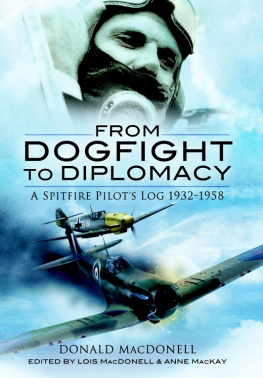
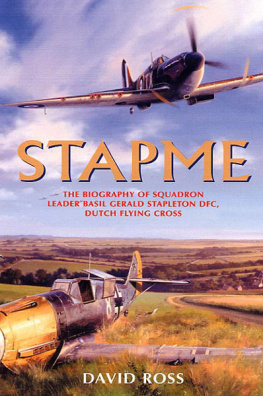

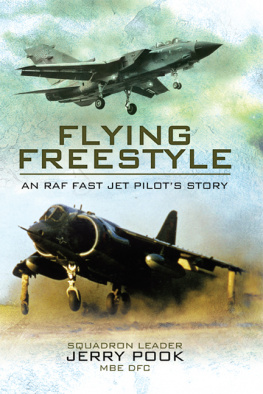
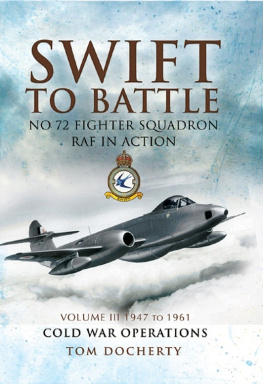
![Bar Wing Commander Guy P. Gibson VC DSO - Enemy Coast Ahead [Illustrated Edition]](/uploads/posts/book/180257/thumbs/bar-wing-commander-guy-p-gibson-vc-dso-enemy.jpg)
